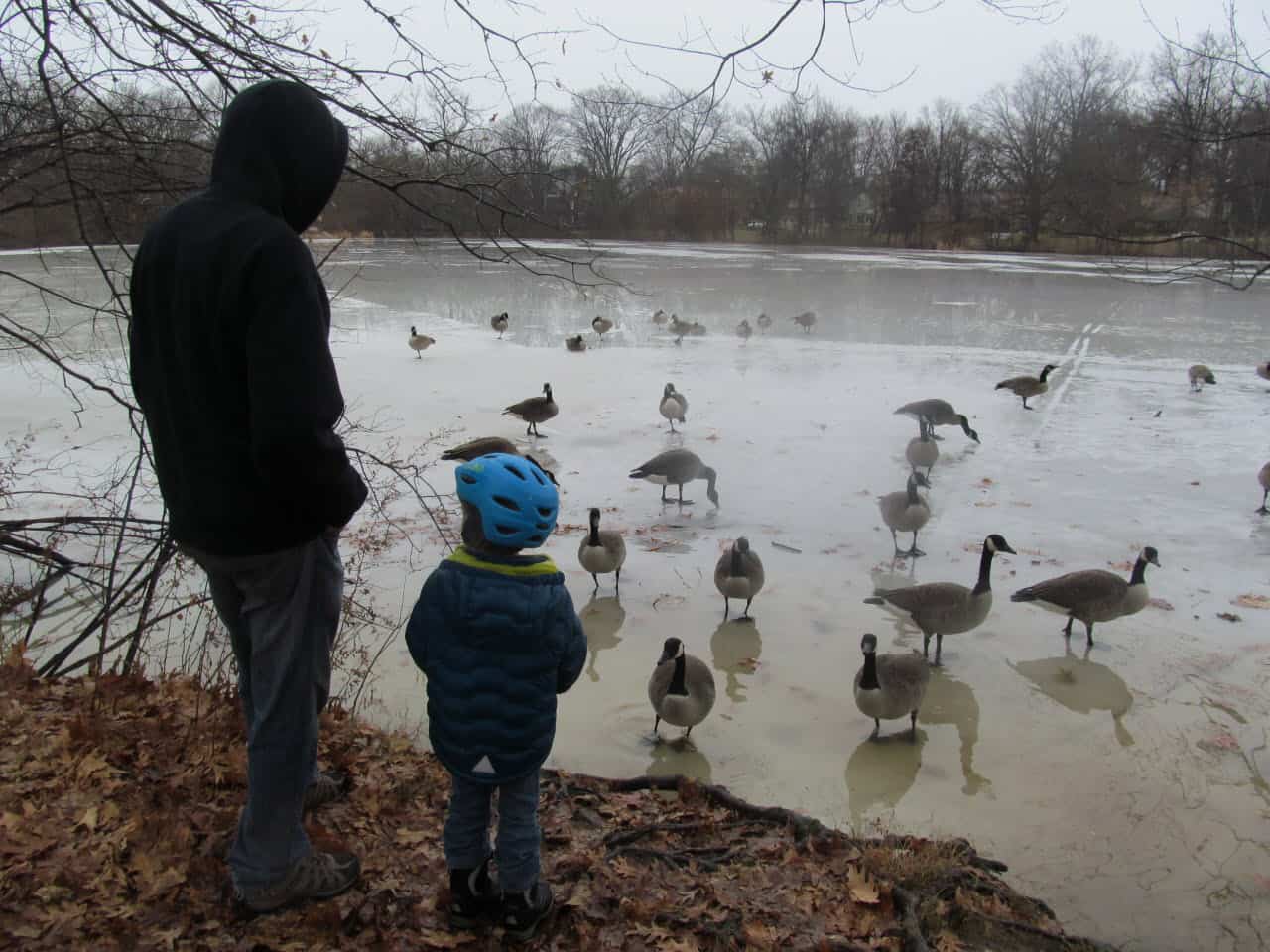Canada Geese “in distress” at Elgin Pond has Uxbridge Mayor worried about Avian Flu
Published March 21, 2023 at 4:19 pm

Avian flu has not been confirmed in Uxbridge but officials want residents take the matter “seriously” after reports from the public about Canada Geese “in distress” at Elgin Pond.
“The Township of Uxbridge is aware of cases of birds that have died or are presumed to be infected with avian influenza (H5N1), also known as bird flu,” Uxbridge Council declared in a statement, adding that staff “have responded to reports of geese in distress” at Elgin Pond. Although avian flu has “not been confirmed,” the municipality is taking precautions when managing the situation because avian flu has been suspected in the deaths of birds in neighbouring municipalities such as Brampton and Caledon.
Uxbridge Mayor Dave Barton urged residents in a Facebook post to exercise caution and not touch or be in close contact with sick or dead birds.
“We are hearing about Canada Geese that have died from avian flu in communities al l around us and now we have some dead birds as well. This type of virus can absolutely devastate our local bird farmers and food supply so we must take this seriously.”
The federal government recommends a few steps residents can take to reduce the spread of Avian Flu in migratory birds:
- Keep a distance from wild birds and other wild animals, and don’t touch, feed or handle them, especially if they look sick or are dead.
- The public is asked to report any animals, specifically geese or birds, found in distress, ill or dead to Uxbridge-Scugog Animal Control. You can reach them at [email protected]or 905-985-9547. If you are calling after hours please follow instructions on the answering machine to contact an officer. The Township will report the cases to the Canadian Wildlife Health Cooperative.
- Consider removing backyard bird feeders and/or bird baths, and if this is not possible, move them far away from pets and clean them with 10% bleach at least once every two weeks. If sick birds are observed near feeders then the feeders should be removed.
- Avoid contact with surfaces that appear to be contaminated with droppings from birds
- Wash hands thoroughlywith soap and water after touching any bird feeders, bird baths or any potentially contaminated areas.
- Keep cats indoors and dogs on a leash to limit the potential of your pet encountering an infected bird.
- Stay off all bodies of water as ice and water conditions are not safe; do not attempt to rescue birds in distress.
Avian Flu poses “significant concerns” for poultry farmers and those who have backyard flocks. Information about poultry biosecurity and protecting domestic flocks can be found at www.inspection.canada.ca.
The Township Animal Control team will continue to monitor the situation, in conjunction with municipal colleagues across the region, as well as the Ontario Regional Centre of the Canadian Wildlife Health Cooperative.






